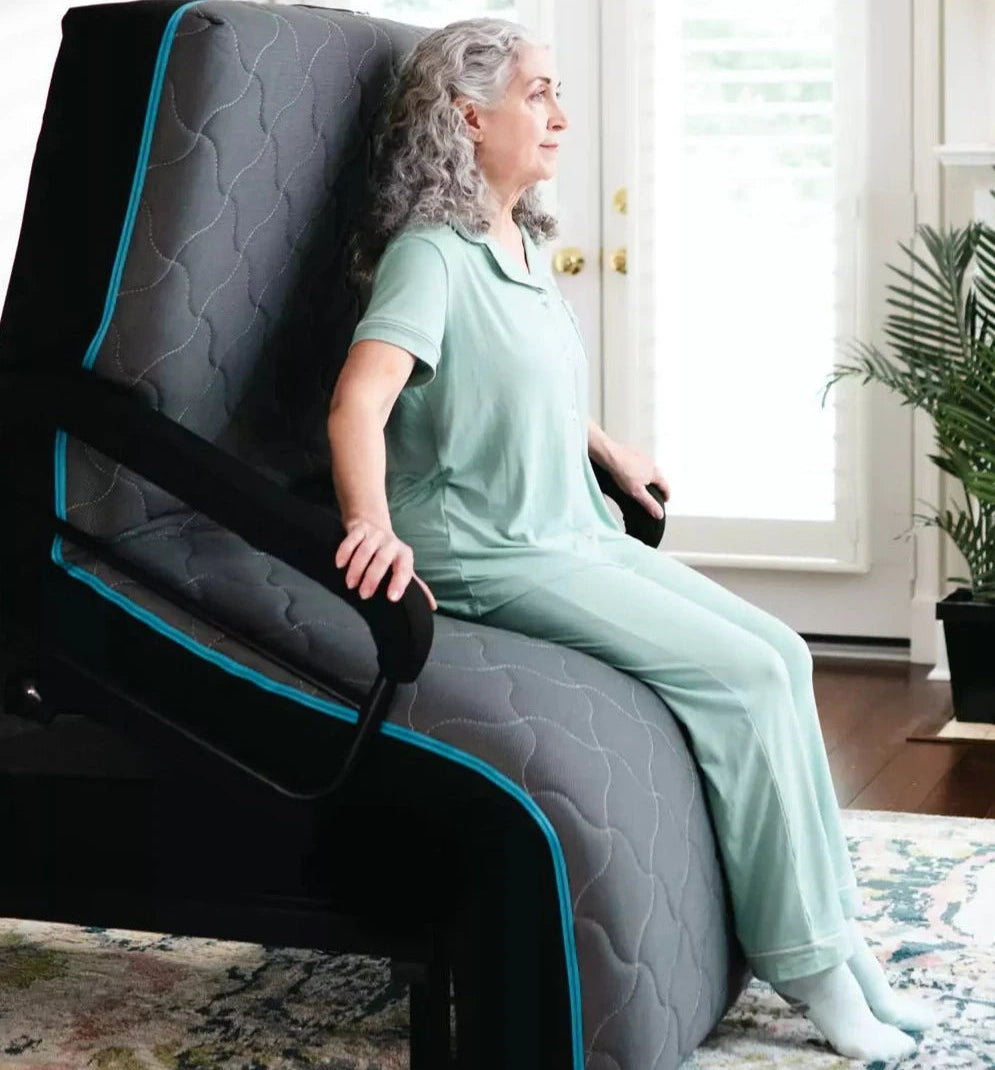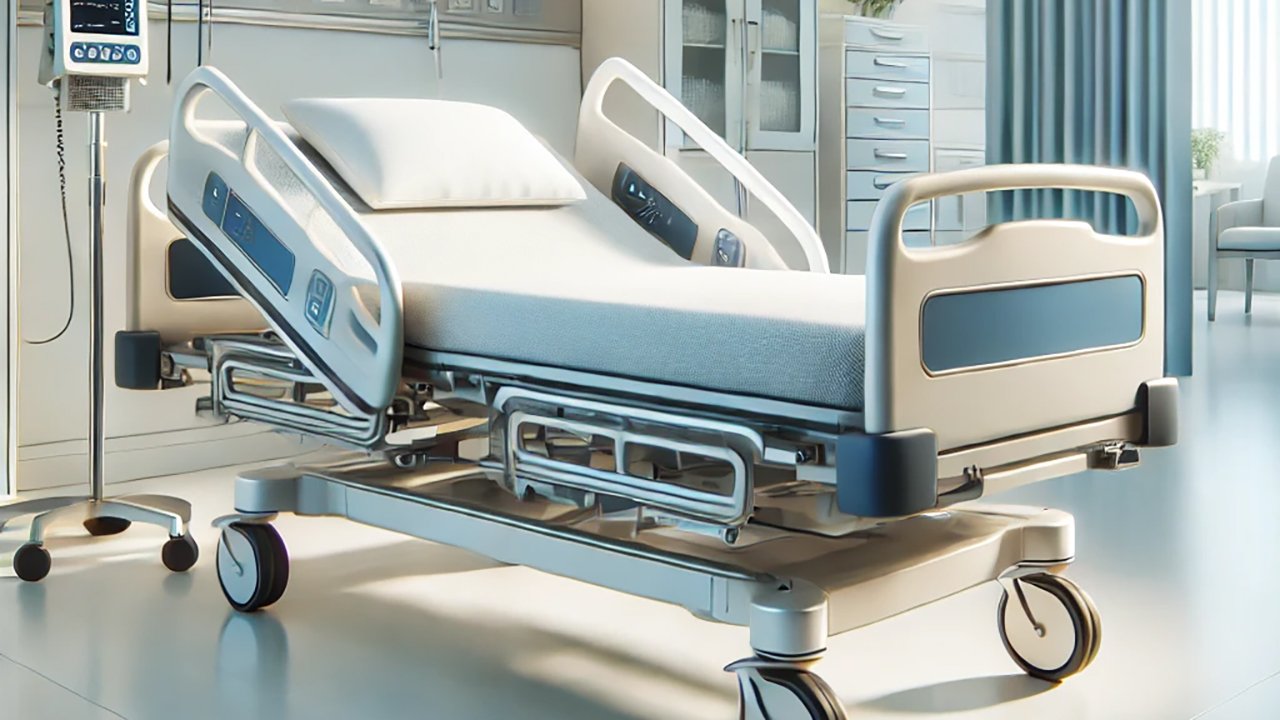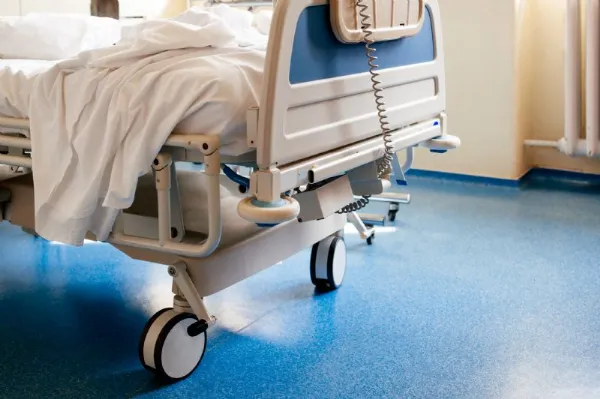The Basic Principles Of Hospital Beds For Home Use
The Basic Principles Of Hospital Beds For Home Use
Blog Article
Hospital Beds For Home Use Can Be Fun For Anyone
Table of ContentsUnknown Facts About Hospital Beds For Home UseFascination About Hospital Beds For Home UseGetting The Hospital Beds For Home Use To WorkA Biased View of Hospital Beds For Home UseAn Unbiased View of Hospital Beds For Home UseLittle Known Questions About Hospital Beds For Home Use.The 15-Second Trick For Hospital Beds For Home Use
There are 3 primary kinds of healthcare facility beds: guidebook, semi-electric, and fully-electric. Even more kinds of clinical beds exist and they are listed below. These beds use hand cranks to change the bed's elevation and elevate and lower the head and the foot. Hand cranks are generally discovered at the foot of the bed and require an individual that is literally capable of operating.
Semi-electric beds have an electrical motor to elevate and decrease the head and foot sections of the bed. Individuals and caretakers adjust the placing by pressing buttons using a hand necklace. The height of the bed is changed manually with a hand crank. Full-electric beds have an electrical motor that can increase the head and foot areas of the bed along with the entire elevation and positioning of the bed.
Some Known Incorrect Statements About Hospital Beds For Home Use
Some models can likewise move into even more positions, such as the Trendelenburg (tilt) placement. There are a number of types of health center beds, each made to fulfill specific client demands. Right here are some common kinds: This is one of the most common sort of healthcare facility bed, created for basic clinical usage. It has a handbook or electrically adjustable headrest, foot rest, and height.
Lower to the ground than a typical bed. This kind of bed is made for larger individuals, with a wider frame and higher weight capability than a common bed.
This kind of bed is designed for seriously sick patients that need open monitoring and specialized clinical devices such as ventilators and mixture pumps. This type of bed is created for usage during labor and distribution, with adjustable settings and features to support the mother and baby during the birth procedure.
Some Known Details About Hospital Beds For Home Use
Multiple feature and the devices carry out increasing grip to different components of the vertebra and the extremities without relocating the body. These are just a couple of examples of the kinds of healthcare facility beds readily available. The specific kind of bed made use of will depend on the client's condition, clinical needs, and other aspects.
Below is the important things you need to know. A one-function health center bed is a medical bed that allows a client to relocate only the head or foot section up or down. A 2 function healthcare facility bed generally refers to a kind of medical bed that has 2 flexible features to help clients in healthcare facilities or care centers.

Hospital Beds For Home Use Things To Know Before You Get This
A 7-function ICU bed is a kind of medical bed that supplies several adjustable functions to support critically ill people in an intensive care system (ICU) (hospital beds for home use). The seven features typically consist of: Back-rest modification: The back-rest can be changed to different angles to assist the individual rest up or exist down easily
Elevation change: The bed can be raised or decreased to make it much easier for individuals to get in and out of bed, and for caretakers to offer treatment. Trendelenburg setting: The entire bed can be slanted to advertise blood flow and blood circulation in the body. Reverse Trendelenburg setting: The bed can also be slanted in the contrary direction to advertise blood flow and flow in the top body.
1. What Dimension is a Healthcare Facility Bed? 2. Just how much Does a Hospital Bed Price? visit the site 3. Why Do Health Center Beds Have Side Bed Rails? 4. What Are The Main Healthcare Facility Bed Components?. While more affordable than electric designs, these beds call for physical effort for changes. The main advantages of manual beds are their price and dependability, as they do not rely upon electricity. Nevertheless, the demand for hand-operated effort can be a constraint in read this situations where quick modifications are necessary or where caregivers encounter physical difficulties.
How Hospital Beds For Home Use can Save You Time, Stress, and Money.
Semi-electric hospital beds provide an equilibrium of handbook and electrical controls. These beds give an ideal center ground between guidebook and completely electrical choices, offering ease of use without the complete expense of electrical models.
Semi-electric beds are appropriate for patients who need moderate adjustments to the head and foot sections however can handle without regular height changes. This makes them an economical service for those looking for comfort and ease without the need for constant repositioning. Totally electric health center beds feature electric controls for smooth modifications to the elevation, head, and foot sections.
Specialized health center beds, such as ICU beds, long-lasting care beds, and bariatric beds, are very carefully developed to address particular clinical demands. These beds provide tailored take care of diverse client teams, enhancing both end results and comfort. In the adhering to areas, we will certainly explore the primary kinds of specialty hospital beds, describing their details benefits and applications.
With years of experience in making electric direct actuators - hospital beds for home use and close partnership with the healthcare sector, TiMOTION is well-positioned to offer reputable health care solutions. Our up and down incorporated firm handles every action of the manufacturing procedure, from style to actuator setting up, guaranteeing we supply extraordinary worth and personalized solutions customized to your details demands
The Buzz on Hospital Beds For Home Use

For more information regarding incorporating these innovations into your products, contact us today. More analysis:.
Data is sourced from the Medicare Expense Record. Accessed January 2025. Temporary acute treatment medical facilities have the highest typical variety of beds at 187. They are one of the most usual kind of hospital in the united state and compose greater than 50% of united state healthcare facilities. Kid's medical facilities have 178 beds usually and VA hospitals average 175 beds.

The Of Hospital Beds For Home Use
A healthcare facility bed is a bed created especially for medical purposes. It is not only an area for patients to relax, but likewise a platform for clinical operations. Unlike ordinary home beds, health center beds typically have flexible features, which can facilitate clinical team to make numerous adjustments according to the needs of people, such as altering the elevation, inclination, and support angle of the back and legs of the bed.
Report this page